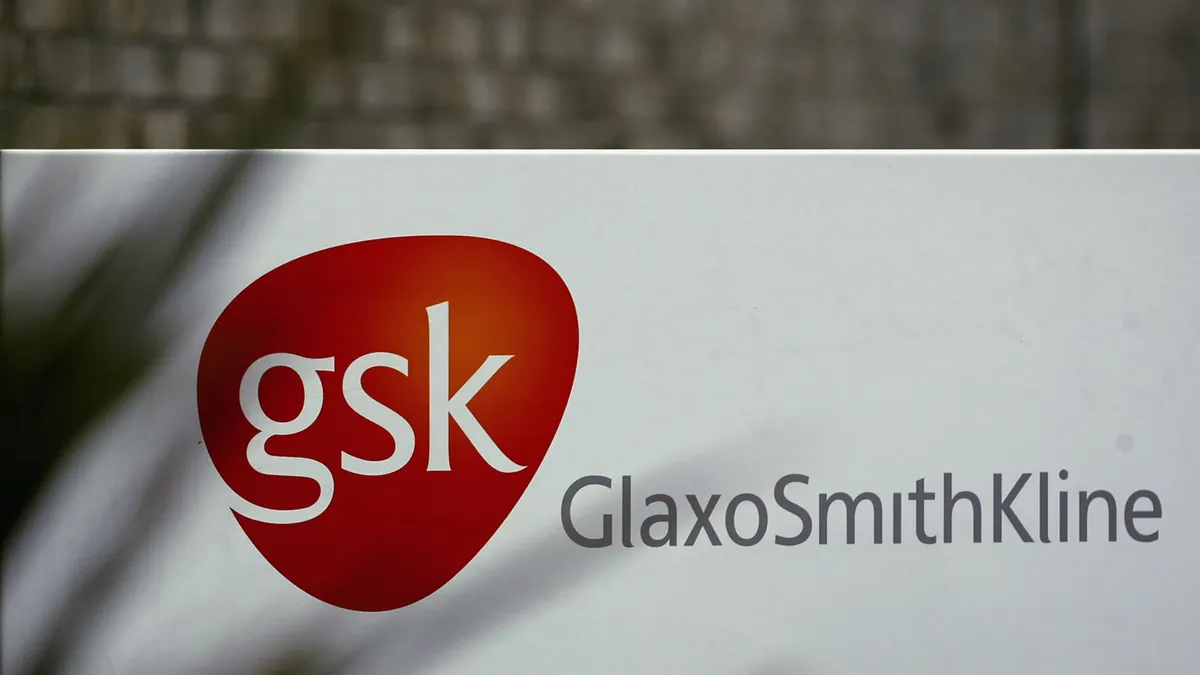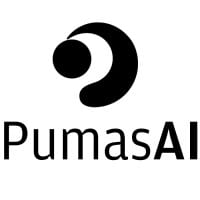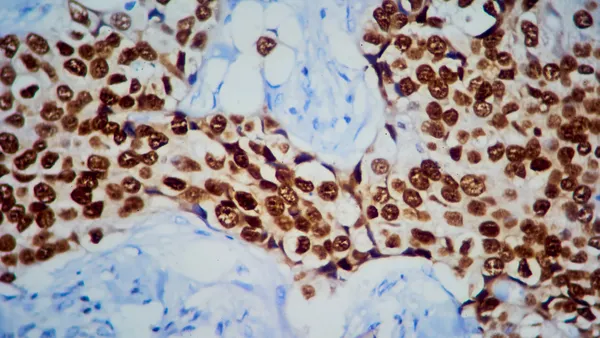Dive Brief:
- Vaccine maker GSK unveiled new data Tuesday showing its respiratory syncytial virus vaccine Arexvy protected older adults over three seasons against disease caused by infection.
- Across the entire time period, one dose of Arexvy was 63% effective against RSV broadly, and 67% effective against severe disease, GSK said. However, the shot’s efficacy waned, falling to an estimated 48% in the third season alone.
- Currently, the Centers for Disease Control and Prevention doesn’t recommend a second RSV vaccine dose. While GSK described the three-season data as evidence of the shot’s “significant health impact,” it said that “over time, revaccination is expected to be required to maintain an optimal level of protection.”
Dive Insight:
A common respiratory infection, RSV typically peaks during winter, causing the hospitalizations of approximately 100,000 to 160,000 older adults in the U.S. each year.
Arexvy was the first shot to gain U.S. approval last year. It has since been joined on market by Pfizer’s Abrysvo and, most recently, Moderna’s mResvia.
Despite the competition, GSK has so far won a dominant share of the market. The evidence it disclosed Tuesday could further bolster its shot’s advantage.
The results come from a large Phase 3 trial that supported Arexvy’s approval. Approximately 25,000 people in 17 countries were enrolled in the study, which compared Arexvy to placebo at several time points.
Researchers calculated Arexvy’s efficacy against RSV-caused lower respiratory tract disease as 83% during the first season. That figure fell to 56% during the second season, before hitting 48% in the third. Safety data was consistent with previous results, GSK said.
The findings will be presented at the CHEST 2024 Annual Meeting, as well as shared in a scientific peer-reviewed publication and with regulators. In a statement, GSK’s Chief Scientific Officer Tony Wood said Arexvy is “the only RSV vaccine with efficacy and safety data available through three full seasons.”
“We will continue to provide data on longer term follow-up to help recommending bodies determine future revaccination schedules,” Wood said.
During a summer meeting, advisers to the CDC tweaked their vaccination guidance for older adults, focusing it more tightly on individuals 75 years or older, and those who are at higher risk of severe disease. Another meeting is scheduled later this month, when the advisers discuss their recommendations further.
In a note to clients, Jefferies analyst Peter Welford speculated that the agency’s advisers could touch on GSK’s results. While it is “challenging to draw conclusions,” he wrote, a “two-year vaccination schedule is possible, albeit should be considered a very low probability for Arexvy at this time.”
Investors have watched CDC recommendations closely, as any change in vaccination scheduling could affect uptake. While RSV shot developers are remaining optimistic, sales are tracking lower than they did last year, as those who received one then are not recommended to get another.














